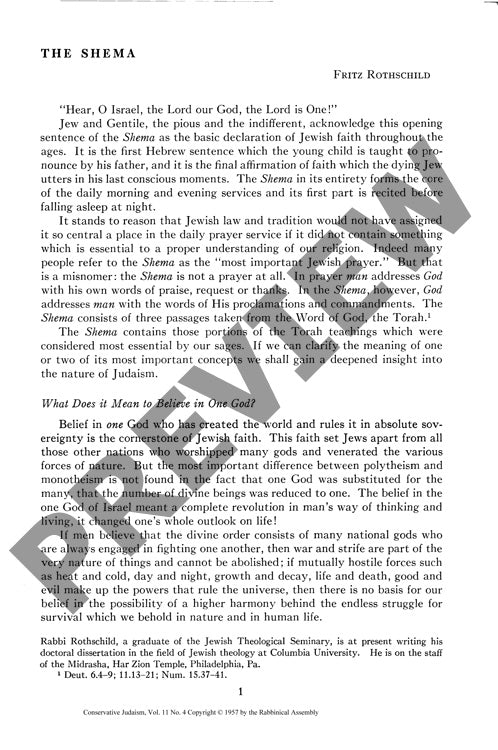The Shema
Couldn't load pickup availability
The Shema stands not as a mere prayer but as Judaism's radical declaration of divine unity - a proclamation that fundamentally transformed religious thought from ancient times to the present. Beyond reducing deities to one, Jewish monotheism as expressed in the Shema presents a revolutionary worldview that reshapes human moral and spiritual existence. Through analysis of rabbinical commentary, historical examples, and comparative religious frameworks, this theological investigation reveals how three essential Torah passages within the Shema establish God as both natural law-giver and moral authority, positioning humanity as partners in manifesting divine sovereignty on earth. Rabbi Akiba's martyrdom during the Hadrianic persecution exemplifies how the Shema functioned as a declaration of ultimate loyalty to divine authority over secular power. The commandment to love God, central to the Shema, demands both spiritual dedication and active pursuit of social justice, while associated mitzvot (commandments) serve as practical vehicles for expressing divine love and maintaining spiritual connection. The analysis demonstrates that the Shema embodies Judaism's fundamental program: recognizing divine unity, loving God completely, and translating faith into transformative action that reflects divine harmony in human affairs, ultimately working toward universal recognition of divine sovereignty.

More Information
-
Physical Description
-
Publication Information
Published 1957
ISBN
-
Publication Credits
Fritz Rothschild

